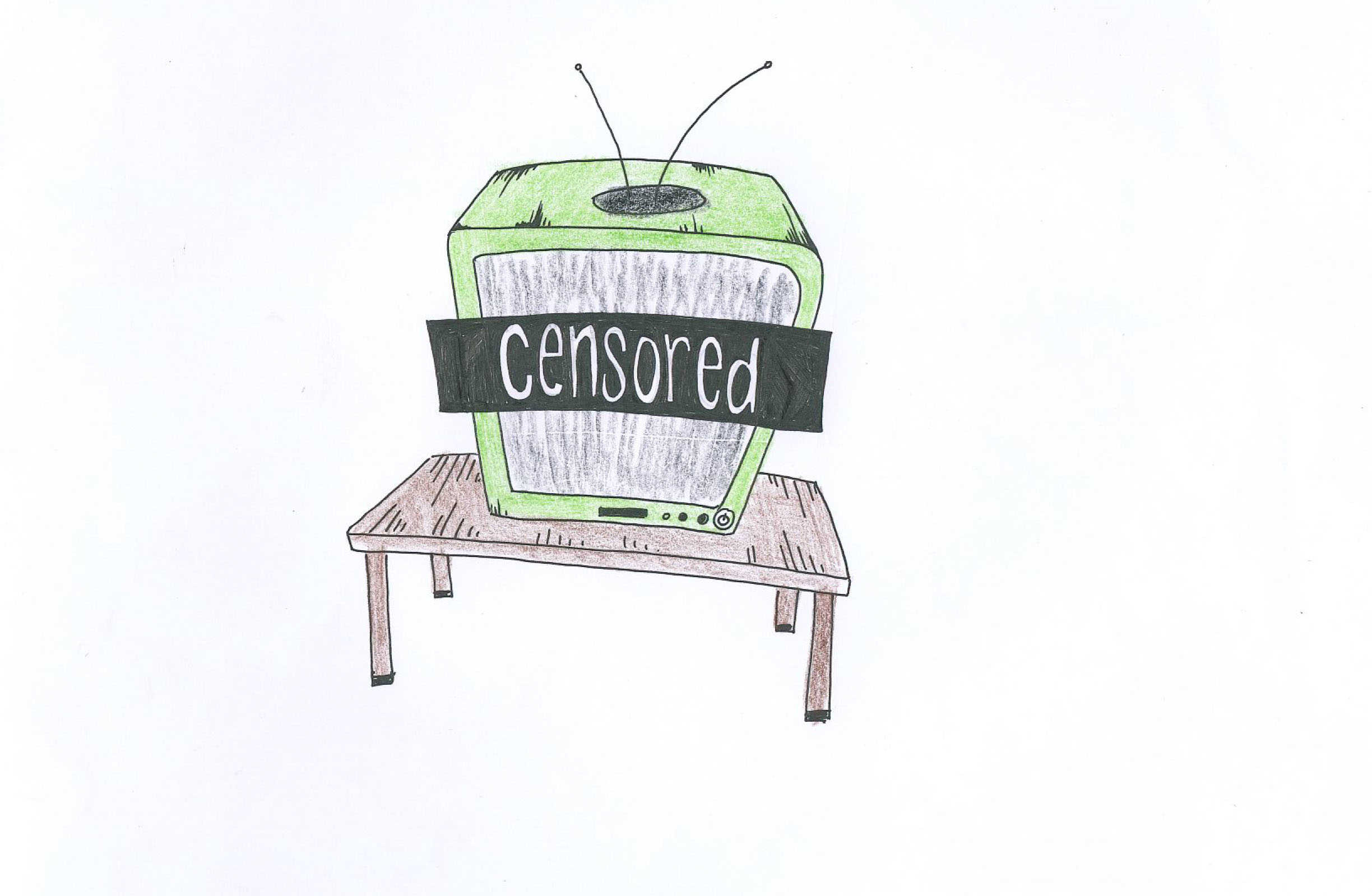 To tag, or not to tag? That is the question many of us face each weekend, phones and snap stories brimming with last night’s questionable choices. “His eyes aren’t that low, I’m sure he wouldn’t mind.” “I can just throw some cat stickers over those tecates! A+!” Those cat stickers got you even more likes than usual! No harm done. We laugh, thinking back to our middle school teachers and counselors saying, “once it’s out there, it’s out there for good.”
To tag, or not to tag? That is the question many of us face each weekend, phones and snap stories brimming with last night’s questionable choices. “His eyes aren’t that low, I’m sure he wouldn’t mind.” “I can just throw some cat stickers over those tecates! A+!” Those cat stickers got you even more likes than usual! No harm done. We laugh, thinking back to our middle school teachers and counselors saying, “once it’s out there, it’s out there for good.”
Advisors and concerned adults alike say that someday an employer will scour Facebook and Twitter for the traces of debauchery, a forgotten can, an errant spliff, and upon their discovery toss our resumes into the trash. “I don’t even want to work somewhere that un-chill,” you think, and send out your resume to a few legal marijuana businesses (vote Yes on 64!). But it’s not a huge deal. Worst comes to worst, you can lock up your privacy settings, untag and change your Facebook name to Holden Cauliflower during senior year.
These techniques work well against an everyday snooper, but that is assuming they do not have direct access to Facebook’s data, or Google’s or Apple’s. In mid-2013, news broke out regarding the National Security Agency’s (NSA) PRISM surveillance program. Despite immediate denial in statements from Mark Zuckerberg and Google’s Larry Page, the revelation is that both companies (along with many others) have been sharing user data with the government since 2009. And if you think we can trust our government with all this data, you are not paying attention.
Data is you. Data is the sum total of every thought you have put in a message, an email or posted on your page. The textbook you bought on Amazon for that one Critical Theory and Social Justice class that was a little too Marxist for your liking. Every bottle of unscented lotion or vitamins you’ve bought at Target. Facebook’s only product is data, and since there is no subscription fee, the corporation makes its money selling your data to advertisers. All these data points coalesce into a collage that tells advertisers what type of products you like, what time of month you are most likely to buy them, which billboards you might pass. But in the hands of the NSA this picture looks more like a fact-sheet including your movements, whom you call on the phone, whether you’ve been to that mosque down the street or if you retweeted someone you shouldn’t have.
When the NSA wants more information on a “person of interest,” they can approach their tech-giant collaborators with requests for information. Under our current laws, these companies must hand over whatever information they have as a result of such a request. But that does not mean they have to collect that information in the first place, nor that they have to make it easy for the government to read or access that information. WhatsApp, for example, provides end-to-end encryption of its messages. This means that even WhatsApp itself cannot read the messages you send, and as a result, neither can an inquisitional government agency. However, they do keep certain types of metadata — data about data — including things like the time a message was sent or received or the phone number associated with an account. Metadata can be used in conjunction with other information to locate or incriminate. The NSA and any collaborating government agencies use whatever data they obtain to try to locate their targets, ostensibly terrorists or other foreign actors, but who can be almost anyone in reality.
This should matter to you even if you are not an international criminal or a terrorist. “If you’ve got nothing to hide, you’ve got nothing to fear.” In a Reddit AMA, former CIA employee and famed leaker Edward Snowden called this idea “no different than saying you don’t care about free speech because you have nothing to say.” If you truly have no problems, no criticisms, no legitimate challenges to our government, then you need to think harder. We think of Martin Luther King Jr. as a national hero, but in November of 1964, J. Edgar Hoover, director of the F.B.I. sent King a letter highlighting alleged sexual infidelities and encouraging King to kill himself. Today’s person of interest is tomorrow’s rights activist.
If you are okay with the government seeing and knowing every thing that you do, then you are already living your life as they want you to. We cannot let the government decide how we should or should not act. And we must not give up the freedoms of everyone, present or future, merely because we are comfortable right now. We cannot let relief blind us to the continued disintegration of our Fourth Amendment freedoms. Do not mistake privacy for hiding. Do not mistake a police state for a safe state.
Will Dean is a junior Critical Theories and Social Justice major. He can be reached at wdean@oxy.edu.
![]()































